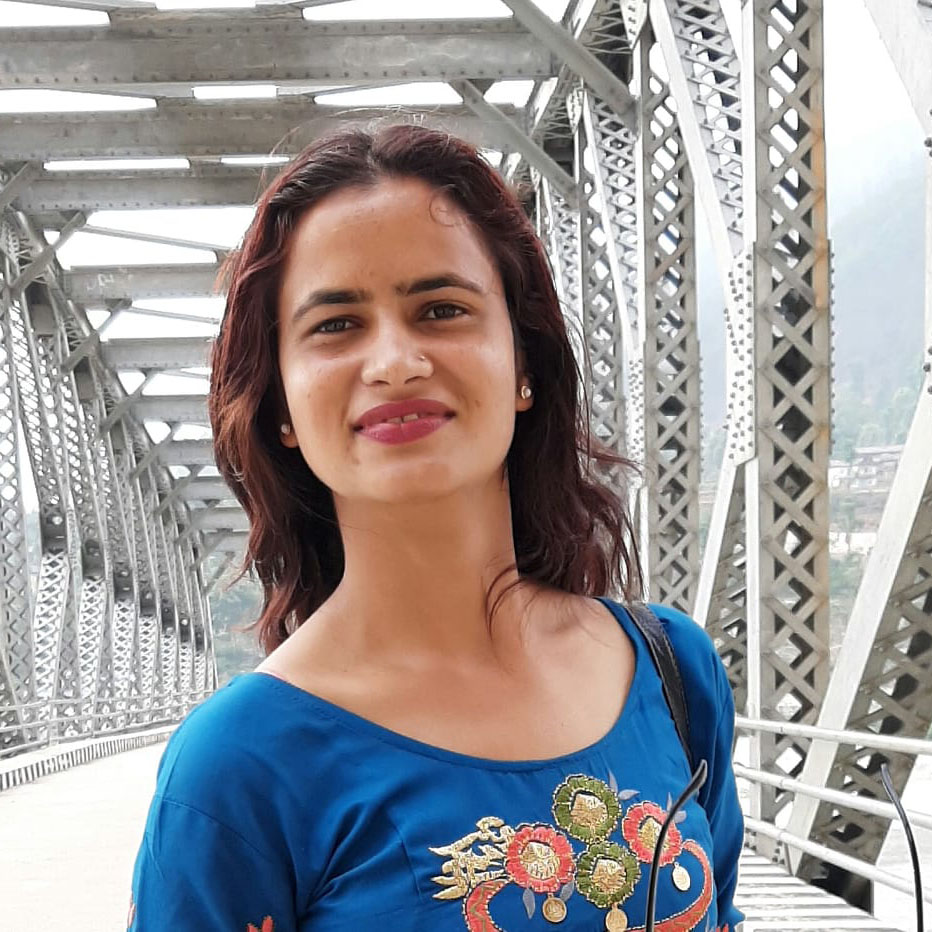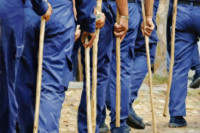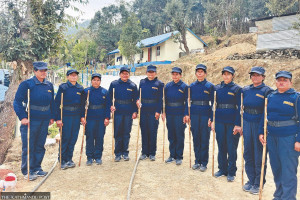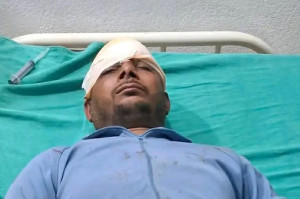Sudurpaschim Province
Provincial government to take over ailing Bayalpata Hospital
Move comes after falling donor support pushed the hospital to suspend crucial services.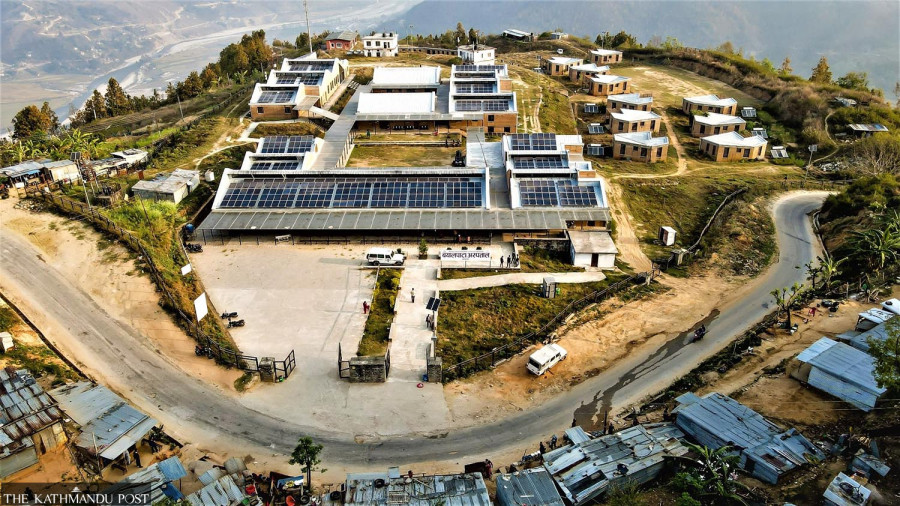
Menuka Dhungana
After years of financial crisis threatening its services, the Bayalpata Hospital in Sanfebagar Municipality of Achham district will formally be brought under the management of the Sudurpaschim provincial government from August 17. The hospital, which has been offering free specialist care for nearly two decades, was previously operated by Nyaya Health Nepal, a non-profit, with support from international donors.
Established in 2008 through a partnership between Nyaya Health Nepal and Possible, a US-based NGO, Bayalpata Hospital has grown into a critical health facility for rural communities in the farwestern districts of Achham, Bajura, and Doti. Since its inception, the hospital has provided free treatment to more than 1.4 million patients, including over 100,000 annually in recent years. It was one of the first institutions in the region to offer free specialist services, including surgical deliveries, internal medicine, and diagnostic services, and it continues to serve as a health lifeline in a historically underserved area.
However, financial support from international donors has been steadily decreasing over the years, pushing the hospital into an increasingly precarious position. This year, specialist services have already been suspended due to budget shortfalls. Lab services are also at a standstill, as equipment procurement for the current fiscal year has not been completed.
To avert a full-scale service collapse, the Sudurpaschim government has taken concrete steps to assume direct control of the facility. According to Minister for Social Development Meghraj Khadka, a formal directive has been prepared to operate Bayalpata as a 50-bed hospital under provincial jurisdiction. This move is based on several legal frameworks, including the Health Services Act 2018, the Sudurpaschim Provincial Health Policy 2021, and the Provincial Government Operations Procedure 2020.
A special committee led by the provincial ministry secretary has already been formed to oversee the organisational management framework, which is now in its final stages. “Without the framework, we cannot allocate positions or assign staff,” said Minister Khadka. “We are inching closer to final agreement with the Ministry of Finance to open vacancies for staffing the hospital according to the new structure,” he added.
Under the proposed model, around 70 percent of hospital staff will be recruited from among existing employees, while the remaining 30 percent will be hired through open competition. Altogether, around 150 positions will be created, ranging from office assistants and security guards to highly trained medical specialists.
The transition plan also includes increasing the number of medical officers and specialist doctors, while also addressing staff shortages in key roles such as auxiliary nurse midwives, health assistants and auxiliary health workers. Minister Khadka said these shortages would be managed by adjusting post allocations accordingly.
Unlike most other provincial hospitals which are run by a medical superintendent model, Bayalpata will be managed by an executive director. However, several administrative challenges remain. Current hospital roles such as procurement officers and community health workers are not included in Nepal’s civil service structure, raising concerns about how they will be incorporated into the new framework.
To address this, the province is coordinating with partner organisations that previously supported Nyaya Health Nepal, particularly for the continued operation of community-based outreach programmes.
The provincial government has allocated Rs80 million for the hospital’s operations, with an additional Rs60 million earmarked by the federal government—conditional upon the hospital being run directly by the province. Still, this combined Rs140 million falls short of the estimated Rs220 million needed annually to operate the hospital at its current capacity.
As discussions continue, it remains uncertain whether specialist services will remain free under provincial management. “The hospital management committee, which will be chaired by the Sanfebagar mayor, will decide whether to continue providing free specialist services or to introduce minimal fees,” said Khadka.
Sanfebagar-based Bayalpata Hospital, a major health institution providing services to the people of several hill districts in Sudurpaschim and Karnali provinces, has been reeling under financial crisis for a long time. The budget uncertainty has lately forced the health institution to send patients elsewhere.
“Specialist services are halted. Doctors from the district hospital are currently performing emergency deliveries and lab services are almost entirely shut down,” said Dr Mandip Pathak, chief at the hospital.




 25.42°C Kathmandu
25.42°C Kathmandu